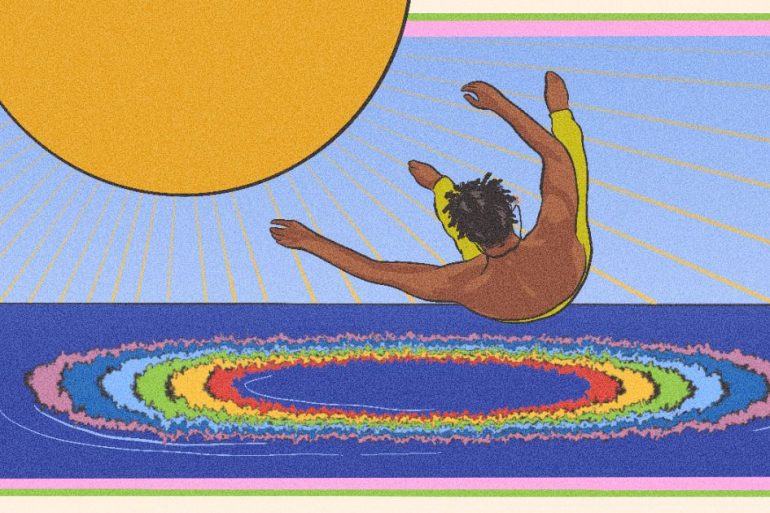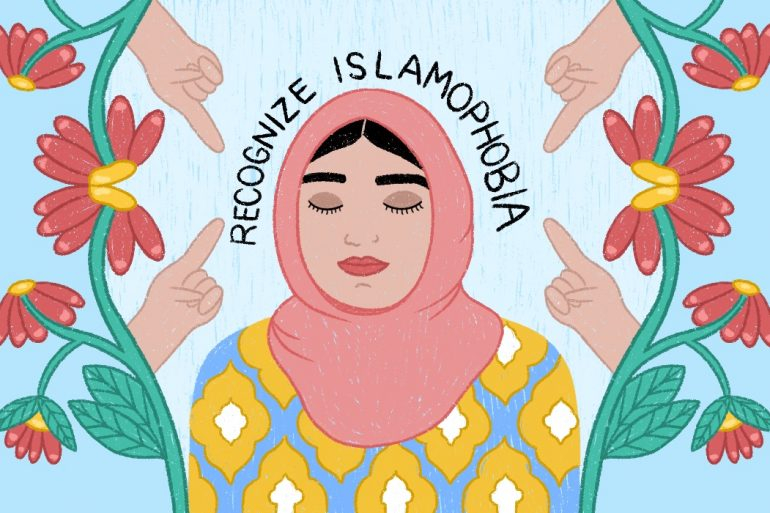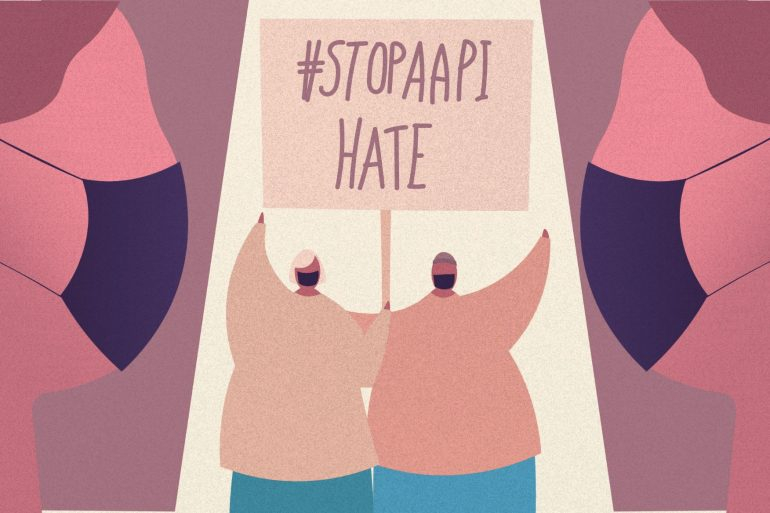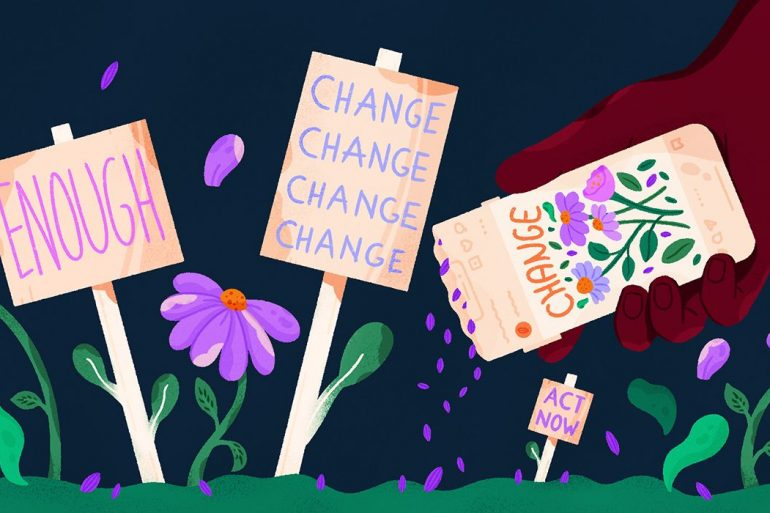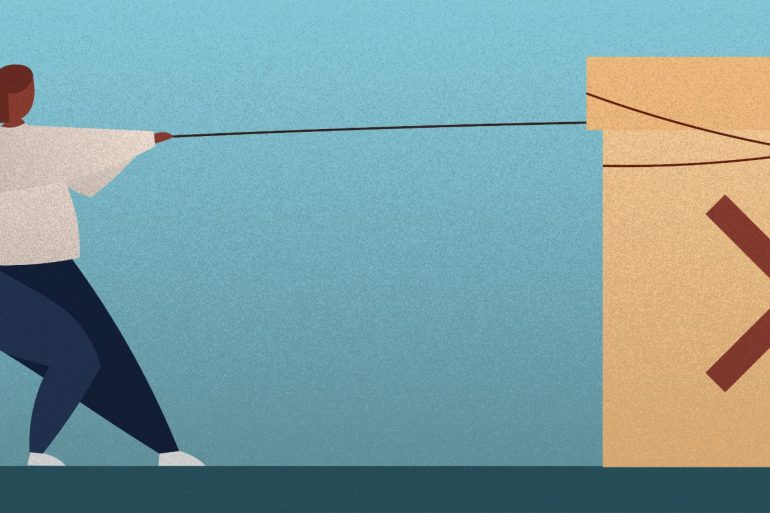Isn’t it funny how we fill our world with things we think we need,
that in turn destroy what keeps us alive.
And that we also do the same to our bodies,
and maybe also to our hearts.
That we continue to do so many things to ourselves,
despite knowing that they’ll harm us in the end.
20/04/18, 01:56, Notes
Driving home through central London after an eighteen hour shift, the ache of labour in my bones began to converse with my thirst for lust. Unsatiated, they speculated. I looked out over one of the bridges and my eyes followed the evolution of the concrete metropolis.
Create, use, destruct. Creation, use, destruction.
The buildings all stood in different stages of life. Some were just in the early days of conception, not much more than a figment of the architect’s imagination. Others were well into their middle ages, discoloured and stooping, exhausted and chafed from the city’s chaos. And some so ancient they had forgotten more about London than the others would ever see.
This infrastructural lifecycle took me back to my other city, Addis Ababa, where fetal buildings are rapidly attempting to replace elderly ones, succumbing to this fixation with bigger and shinier. Overambitious hands hastily tear them down, failing to foresee the lack of funds available to finish their younger, more sprightly successors. This leaves half-complete skeletal outlines dotted along the skyline, like a string of half-hearted past lovers. Calculated, fine-tuned destruction paired with careless dismissal towards the waste and damage. There’s an ironic delirium in the way we chase ‘development’ – destroying the natural environment and replacing it with a lethal, unsustainable one. Success appears to be measured in greatness of buildings, but we seem to have forgotten that the mountains taught them how to tower in the first place.
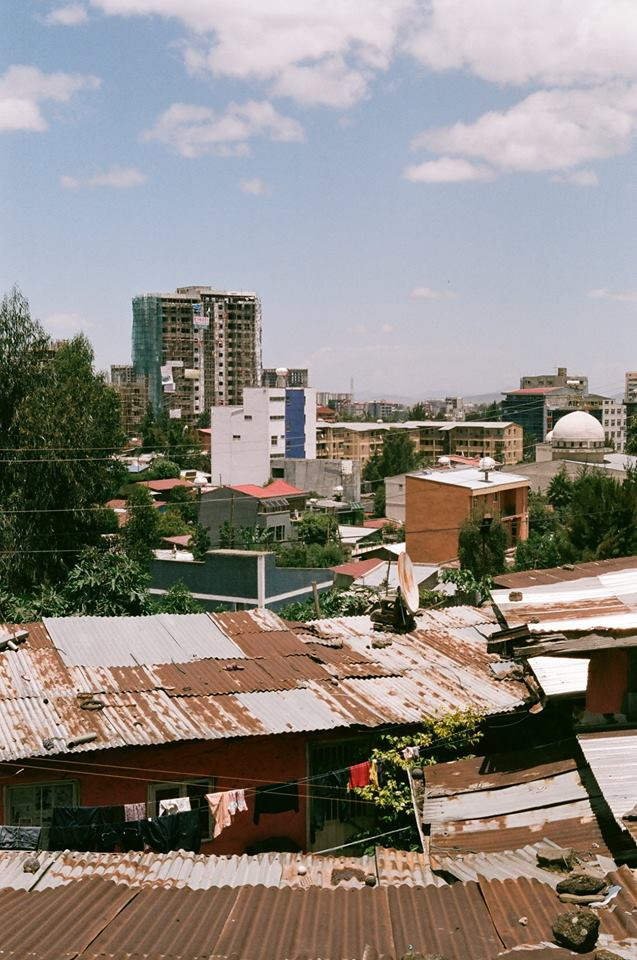
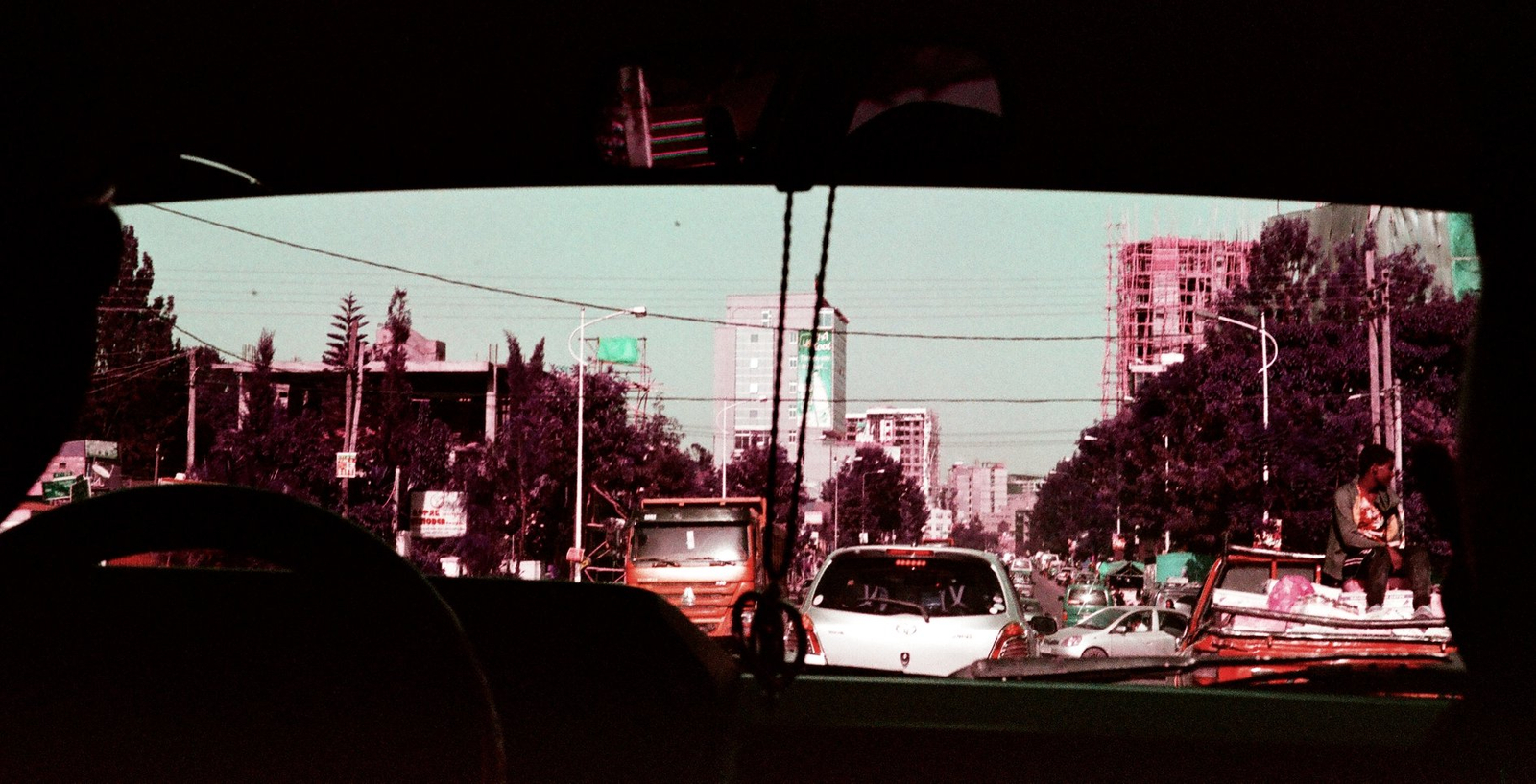
This sobering succession reminded me of my lifestyle – unhealthy and cyclical in parts, paired with sparse concerns for the consequences. It was also mirrored in my dating pattern – sacrificing tiny parts of myself hoping that, in this case, it would provide momentary joy at the very least. Or better still, smooth out all my problems, as love supposedly does.
Capitalism has created instant gratification culture. We live in a world where we need lots of things and we need them right now. There’s instant drinks and instant dinners, high-speed rail, fiber optic broadband, same day delivery and on-demand TV. We’ve got sixty minute makeovers, fifteen minute meals and ten minute work-outs. We are no longer patient and this new capacity for speedy glee has fed into the way we date. We trawl apps for sparks, settle for less and sleep with people we don’t like, all in the hope that we’ll feel better. Our monogamous, heteronormative society has scammed us into believing that we need a soul mate – just one person to share the load of the world and all of its woes with. To keep us in the rat race, they sold us a deceitfully packaged, well-marketed, pitiful version of the irreplicable.
They told us it was love, painted it red and gave us marriage contracts, Valentine’s Day and the orgasm gap.
Perhaps this fractional love was an attempt at a thank you for all our hard work. Perhaps it’s a profiting ploy – creating unrealistic standards and capitalising on our consequential self-doubt and insecurities. Perhaps we can no longer distinguish between what we want and what we’re told to want.
The nature of the life that capitalism has built leaves us overworked and underpaid and, as a result, we’re in desperate need of someone who can split the bill with us and rub our exploited backs. When we’re alone we’re incomplete and waiting, so we find life partners instead of lovers. This urgent rush to romance has diluted love down to a mere step in the two-point-four family life plan: do well at school, fall in love, get a job, get married, regurgitate children, work, retire, repeat. Our world has been built for two and, in turn, advocates love for alleviation and companionship. When it’s easier to survive if you’re two, you’d be foolish not to be rampantly hunting for someone. But shouldn’t love be about more than just ease? We are relentlessly told that we need someone to share the load with, but it seems to be only getting heavier.
Social structures have also had the liberty to place romantic love on a pedestal above platonic love and self-love. Whilst fueling and profiting from our self-doubt, they have also planted an illusion of inferiority towards our relationships with our friends, family and self, telling us to prioritise those who find us attractive. Wouldn’t real love urge us to reach out to everyone, not just to those we want to ride? Johanna Hedva’s Sick Woman Theory declares that:
‘the most anti-capitalist protest is to care for another and to care for yourself… To take on the historically feminized and therefore invisible practice of nursing, nurturing, caring….Because, once we are all…prioritizing the care and love of our…bodies,…perhaps then, finally, capitalism will screech to [a] halt.’
It is comforting to think that we could summon enough strength in Cupid’s bow to kill the system clean. If simply caring is an act of rebellion, the bar is on the floor.
This glittered love that we’re sold on the screens and in the charts is tied pink and pube-less with sparkly ribbon. It’s packaged as the cure for the loneliness caused by capitalism and the reward for surviving it. We’re expected to fit into callous spear-shaped boxes of determination and greed in order to win at life, whilst also keeping our hearts intact, rearing and ready to hurtle them at the next person who can promise us a shoulder to cry on, a regular fuck and breakfast in the morning. Capitalism commands ruthlessness and a lack of consideration towards others. It requires us to be hard, whilst love demands us to be soft – to care, nurture, feel, be vulnerable, open our ears and take our eyes off the prize. We’re expected to be hard and constrained to survive the system, whilst remaining soft and hopeful to be successful in love. And of course, we can be both – we are complex, multi-faceted, intricate beings with a vast emotional spectrum. But no wonder we’re exhausted, the contradiction is colossal.
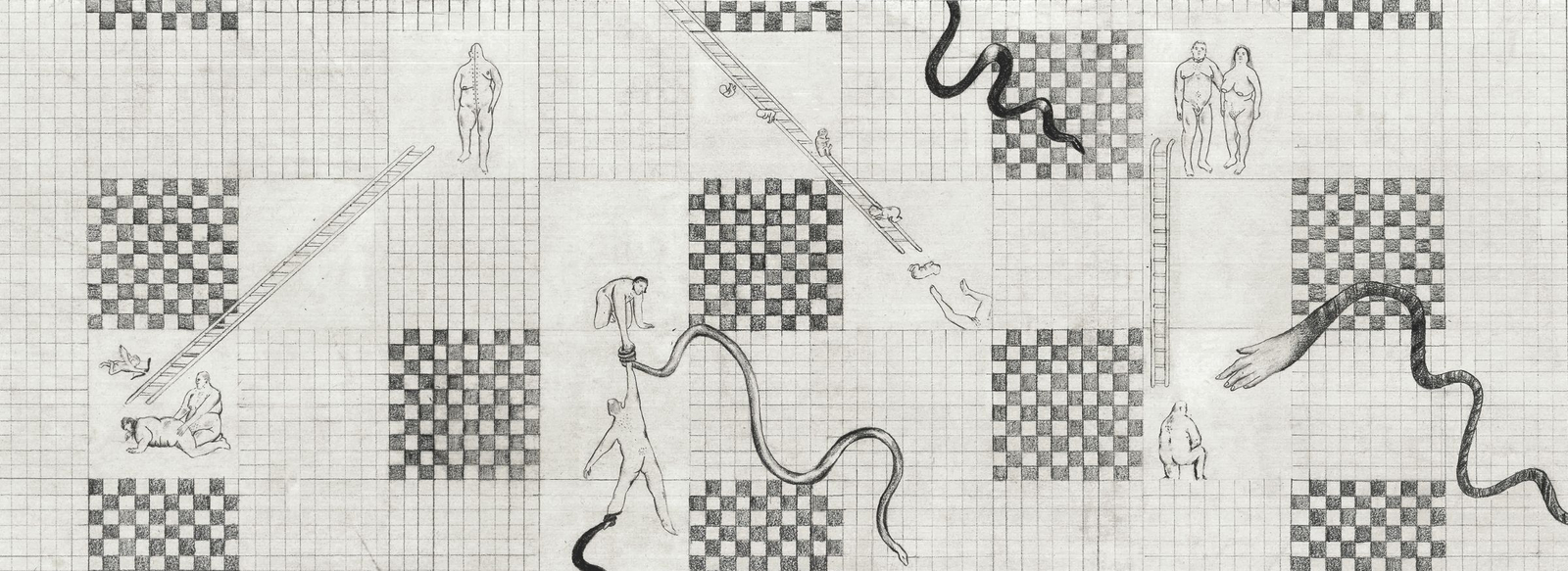
See more of Rosa’s work on her instagram here





